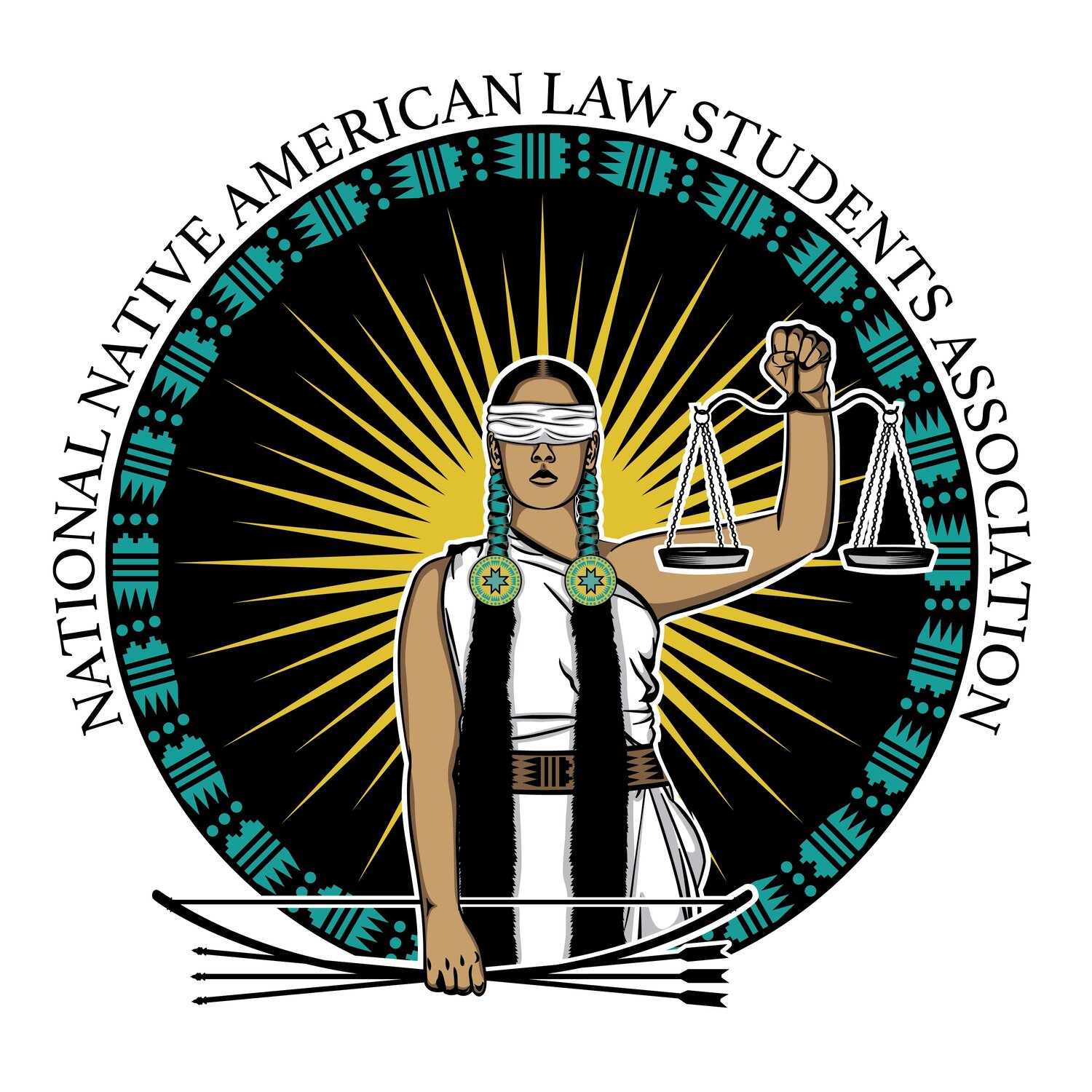Environmental Policy Innovation Center: Paid Legal Fellowship - Tribal and Federal Natural Resources Mitigation Law and Policy
Environmental Policy Innovation Center (EPIC), a nonprofit, is offering a 12-month paid professional fellowship for a recently graduated law student or very early career lawyer. American Indian and Alaska Native tribal members are strongly encouraged to apply.
The fellow will work on various aspects of tribal natural resource law and federal policy opportunities under the Biden administration, focused on approaches that will make it easier for 1) tribes to host and be compensated for ecological restoration on tribal lands that can serve as an offset for other projects or 2) for tribes to have a greater role in influencing effective offsets of impacts to tribal trust resources. The fellowship will focus on the Western U.S., either with an emphasis on federal-level policy or on specific projects in partnership with individual tribes depending on the fellow’s interests. The fellow will be responsible for initiating and leading major aspects of the project and setting direction and goals for the year’s work, with support from EPIC’s staff.
Background
We are at the start of a restoration century during which we will see expanded efforts to restore natural resources that have been damaged throughout centuries of development and resource extraction. One way to encourage environmental restoration to happen quickly and at scale is through avoiding and offsetting new development impacts through policies and programs that ensure durable mitigation and with restoration that goes beyond an environmental baseline.
Some tribes have access to large amounts of tribal land. In addition, tribes have a potentially powerful voice regarding tribal trust resources (e.g. like a guaranteed right to fish harvest) even off of tribal lands. However, mitigation policies are sparse in tribal law and tribal considerations receive limited attention in federal or state mitigation policies. In circumstances where tribes are allowed to host compensatory mitigation projects, the ability to do so may be stymied by unfair mitigation policies that require tribal land rights to be relinquished to the federal government or acceptable land trusts in exchange for approval of a mitigation bank or project.
Position Description
This is a full-time position for 12 months, approximately June 1, 2021 to May 31, 2022.
Depending on the candidate’s interests and experience, the fellow might pursue a place-based mitigation project on tribal lands in the Colorado River basin or another western region to secure submission of a restoration bank for approval; such a project could be designed with the potential for replication in mind. Alternatively, the fellow will lead policy work to develop templates for tribal policies or laws or federal mitigation guidance to develop ways to satisfy federal mitigation requirements, particularly durability of land protection, that work for tribes.
The fellow’s work will involve travel to meet and consult with as many as 6-12 tribes to scope potential mitigation projects and understand policy barriers. However, other travel will involve face-to-face work to further refine a place-based or regional project to make it useful for the one tribe (or few tribes) to which the project is most relevant. We expect this will take approximately six weeks of travel. The fellow will also conduct research of peer-reviewed literature on historical approaches to mitigation on tribal lands. The fellow will have support from specialized staff at EPIC who are experts in endangered species and water policy. The fellow will be full member of EPIC’s team of lawyers, MBAs, scientists and policy leaders.
Outcomes
If the fellow pursues a place-based project, the desired outcome will be the establishment of a guidance document or an MOU for the project. In the event the fellow pursues a more general policy guidance strategy, the desired outcome is draft regulatory guidance for adoption by the Department of Interior that has sign-on support from tribal leadership.
Qualifications
Required qualifications
Law degree (Juris Doctor), earned in 2021 or prior
Understanding of Indian law and environmental policy
Ability to communicate about natural resources management and policy with tribal governments and the U.S. Department of Interior or other state or federal agencies
Excellent written and verbal communication skills
Strong organizational skills and ability to synthesize disparate and varied input for a large-scale project
Ability to digest complex legal and policy documents and opinions
Experience with meeting facilitation, interviews and outreach
Passion for problem-solving and a belief in the power of policy change to achieve positive environmental outcomes
Preferred qualifications
Familiarity with and prior work on environmental conservation, especially within the field of environmental mitigation
Understanding of the Western US region and its natural resource issues
Location and Covid safety
The fellow will work remotely from home with the option to work from our Washington, D.C. office when it is open and safe for work. The fellow is expected to carry out up to 6 weeks of travel. EPIC will support the fellow in preparing to travel safely and respect the fellow’s comfort level with traveling.
Compensation and time commitment
Compensation for this 12-month fellowship is $85,000, plus benefits.
Applying
Candidates should send an email to tmale@policyinnovation.org with “Legal Fellow” in the subject line. We welcome any of your feedback and recommendations on how to make this work successfully and are open to shifting some of the goals of this project to match up with the successful candidate’s background, priorities, and interests. Please include a resume, cover letter and writing sample. You may also provide any supporting documents we should consider in evaluating your candidacy. Thanks for your interest in the position.
